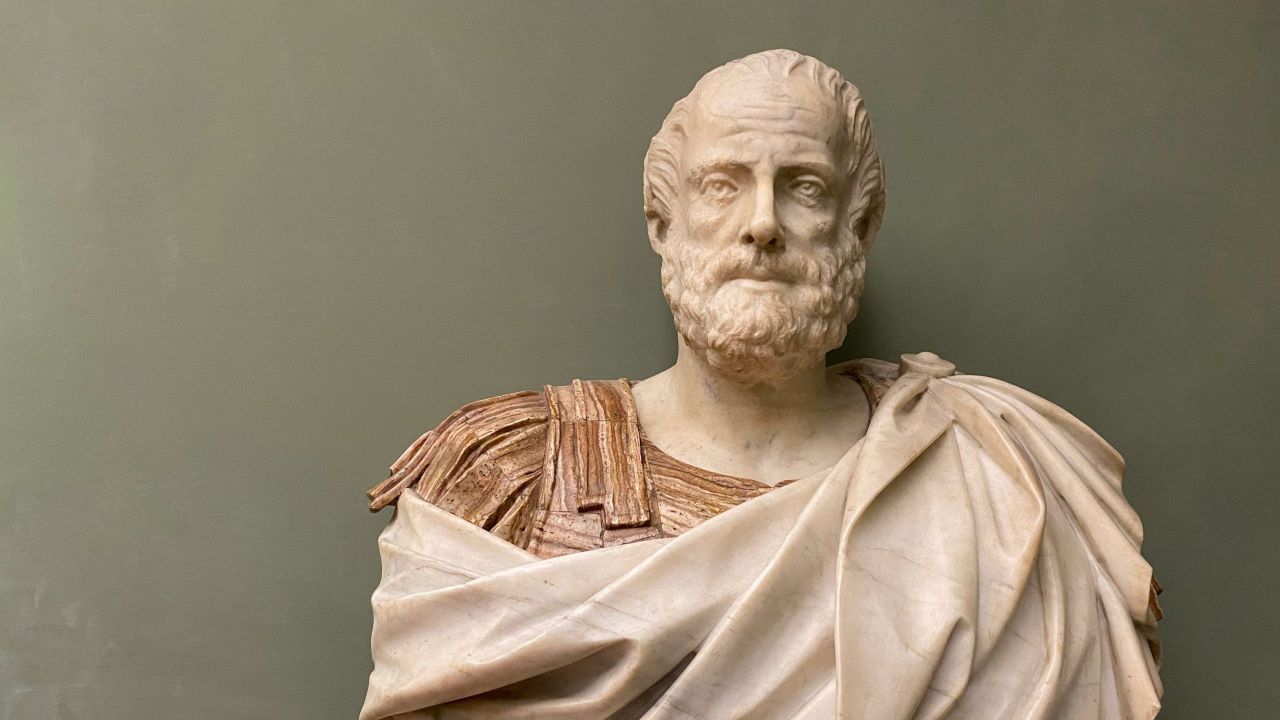A Stoic Dialogue on Breakup and Betrayal
Jul 08, 2025
STUDENT:
Master, I have been abandoned. After many years, she left me. Without warning. For another man. I cannot sleep. I feel ruined.
TEACHER:
You say she left you. But tell me—was she yours?
STUDENT:
She was my partner, my companion, the one I trusted above all.
TEACHER:
And when you say “my,” do you mean to say you had dominion over her will? Her choices? Her passions?
STUDENT:
No… of course not. But we shared a bond. I believed in her.
TEACHER:
Then what has been violated is not a law of reality, but a belief you held. A story you trusted. Shall we examine it?
STUDENT:
Yes. Though it hurts.
TEACHER:
Good. Pain does not obstruct truth—it reveals it. You believed, perhaps, that love meant permanence. That shared moments bound her to you. That your kindness would purchase loyalty. Were these beliefs promised by reality?
STUDENT:
No… they were hopes.
TEACHER:
Ah. And hopes are like sails—they may carry you far, or leave you stranded. A wise sailor prepares for both.
STUDENT:
So I was foolish to trust her?
TEACHER:
Not foolish to trust—but perhaps unwise to attach your peace to her constancy. Even a faithful dog may run when frightened. Is the sun evil because the clouds covered it?
STUDENT:
But I feel discarded. Worthless.
TEACHER:
Then you must ask: who discarded you? Was it she, or your own opinion of yourself that fell apart?
STUDENT:
It was my opinion, I suppose. I thought I mattered to her, and now I don’t.
TEACHER:
And do you not matter still—to yourself? To the gods? To reason?
STUDENT:
Some days I doubt it.
TEACHER:
That is the sickness to be treated—not her departure, but your lost clarity. She acted according to her character, her nature. But your character is yours to shape, day by day. Do not abandon yourself simply because another did.
STUDENT:
And what of love? Am I to forsake it?
TEACHER:
You are to love wisely. Love as a gardener tends a flower—without claiming ownership of its bloom, without despair if it wilts. Love freely, but never forget: you are complete without what is not yours to command.
STUDENT:
Then what should I do now?
TEACHER:
Grieve—but with dignity. Remember—but without fantasy. And walk forward—not waiting for her return, but for your own.
STUDENT:
Return to what?
TEACHER:
To yourself. To your reason. To reality. To your freedom. That which no betrayal can take, and no woman can restore.
